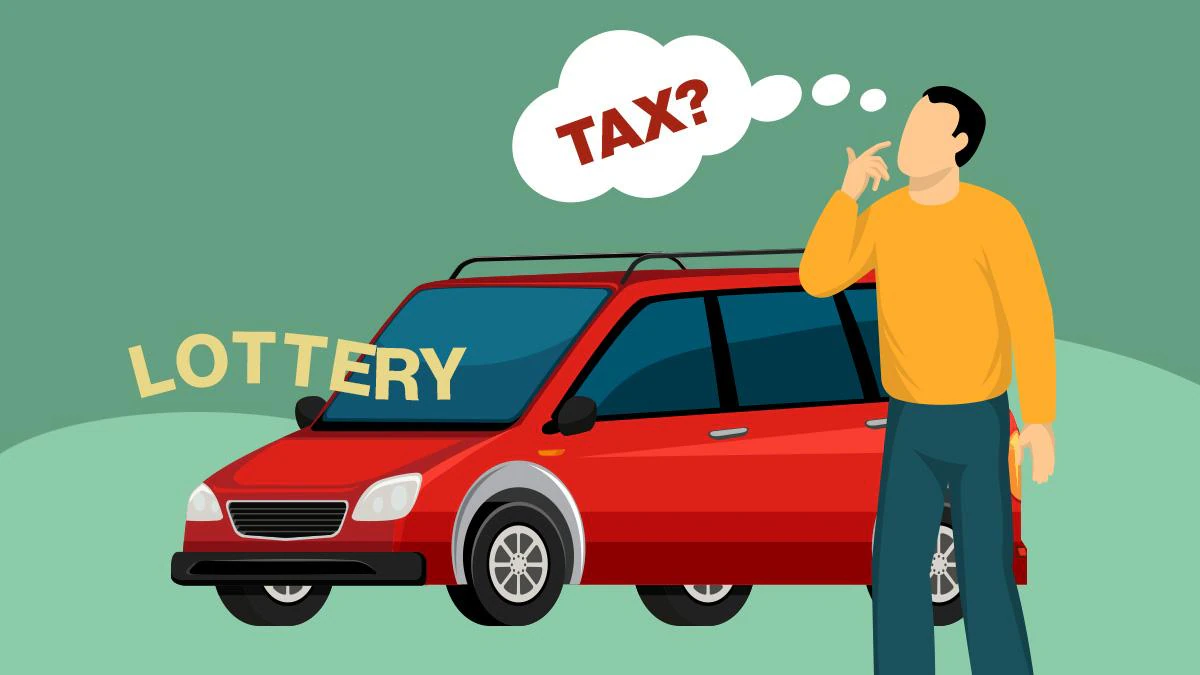THE INSTITUTE OF CHARTERED ACCOUNTANTS OF INDIA V. DGIT
The Institute of Chartered Accountants of India v. DGIT W.P.(C) No.3147/2012
ISSUE:
- Whether the Institute of Chartered Accountants of India (ICAI) is a charitable institution and is therefore exempt from income tax on its income?
RULE:
- A professional body can be a charitable institution if its primary object is to promote charitable purposes and its income is used solely for the advancement of its charitable objects.

FACTS:
- The Institute of Chartered Accountants of India (ICAI) is a statutory body established under the Chartered Accountants Act, 1949.
- It is responsible for regulating the profession of chartered accountancy in India.
- The ICAI provides a number of services to its members and students, including education, training, and professional development.
- The ICAI argued that it is a charitable institution because its primary object is to promote the education and training of chartered accountants.
- The ICAI also argued that its income is used solely for the advancement of its charitable objects.
- The Director General of Income Tax (DGIT) argued that the ICAI is not a charitable institution because it is a professional body that provides services to its members for a fee.
- The DGIT also argued that the ICAI’s income is not used solely for the advancement of its charitable objects.
HELD:
- The Delhi High Court held in this case held that the Institute of Chartered Accountants of India (ICAI) is a charitable institution and is therefore exempt from income tax on its income.
- The Court held that the ICAI satisfies both of the following criteria for being a charitable institution:
- The ICAI’s primary object must be to promote charitable purposes.
- The ICAI’s income must be used solely for the advancement of its charitable objects.
- The Court found that the ICAI’s primary object is to promote the education and training of chartered accountants.
- The Court also found that the ICAI’s income is used solely for the advancement of this charitable object.
- The Court’s judgment is important because it clarifies that professional bodies can be charitable institutions if their primary object is to promote charitable purposes.
- The judgment also clarifies that the fact that a professional body charges its members for its services does not necessarily mean that it is not a charitable institution.

